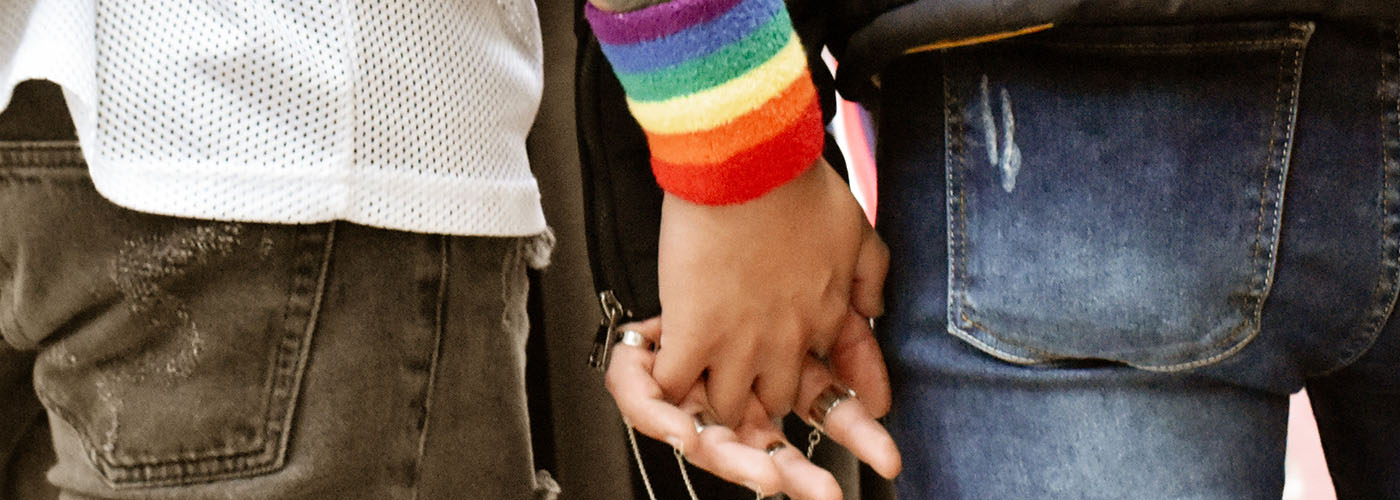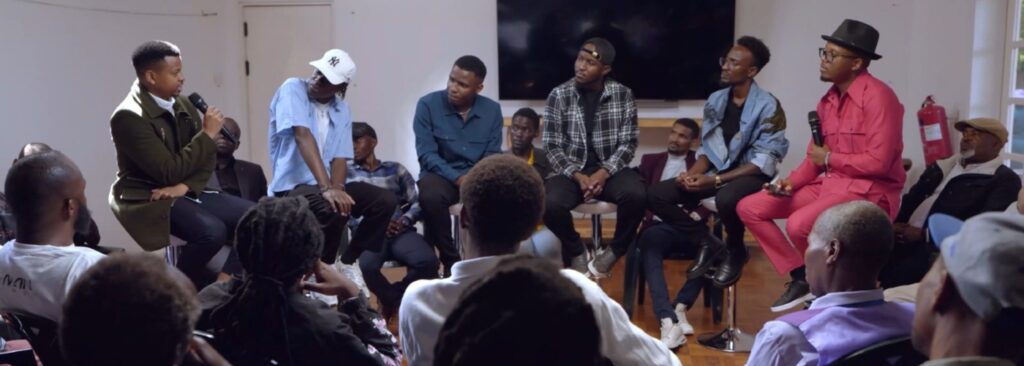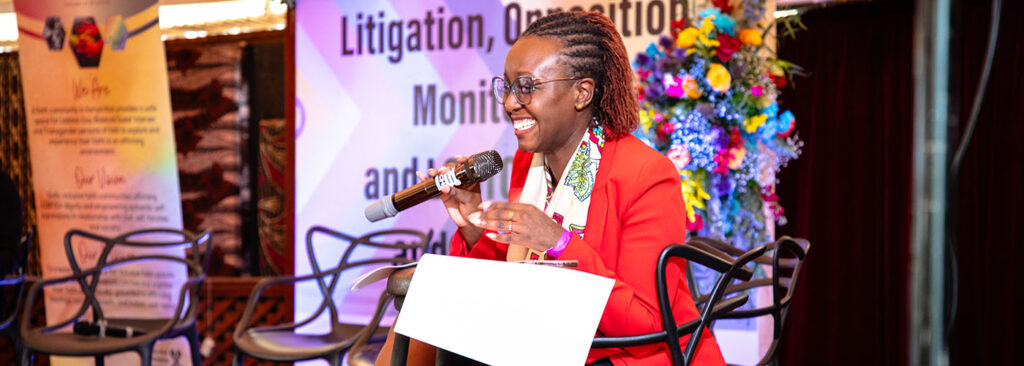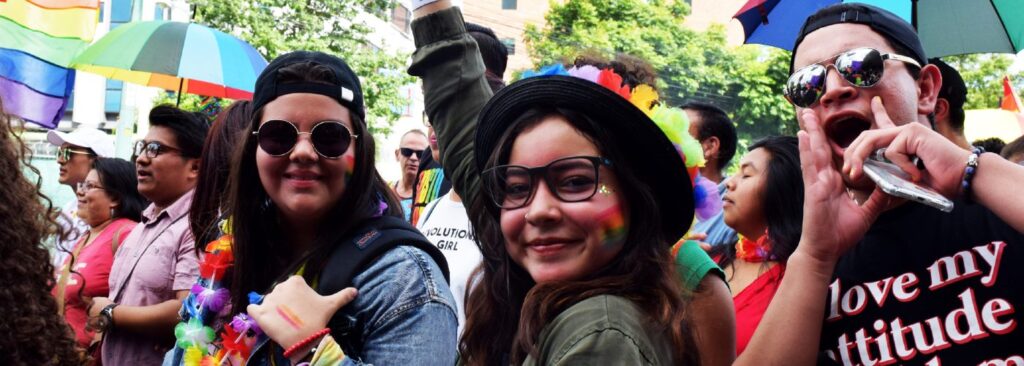She visited a witch doctor, sought advice from religious leaders, prayed for months, and fasted. Wamuyu, a mother of three from Kenya, did everything she could to change her daughter’s sexuality. Despite her painful attempts, mother and daughter were able to save their relationship. Wamuyu even became an example to other parents who couldn’t accept their child.
Exclusion and discrimination of LGBTIQ+ people occurs everywhere and at all levels. That’s why Hivos likewise tries to protect the rights of the queer community in different places and by a variety of means. This often involves changing legislation and addressing policymakers and politicians, but we don’t shy away from talking to family members directly. In fact, that’s often where acceptance within a community starts. You’ll see how in Wamuyu’s remarkable story.
A conversation instead of a debate
To have fruitful conversations with family members, we work with partners like the Global Interfaith Network. They specialize in dialogue with religious leaders. In Kenya, religion is used as a justification for discrimination and exclusion, and leaders often incite hatred and violence. The network has seen that if religious leaders become more tolerant, public opinion will follow.
Hivos is now applying the lessons learned from our partner when we engage with the loved ones of queer people. The word “conversation” is crucial, says Toni Kruger-Ayebazibwe of the Global Interfaith Network. “That’s really different from engaging in debate, which you often see in the media. In a debate, the most opposing groups are given the stage. That actually fuels polarization. Having a genuine dialogue takes much more time, but it can also bring people much closer together.”
Wamuyu’s house as a safe place
Wamuyu experienced this too. She attended several sessions offered by the network and eventually learned to accept her daughter. And that’s a big difference from how she used to approach the situation. “I even took my daughter out of school. I didn’t want to waste school money on a child who chose the devil’s side,” she admits.
I didn’t want to waste school money on a kid who chose the devil’s side.
The conversations about understanding, prejudice, and love convinced Wamuyu to change her mind – and her life. She decided to support her daughter’s education after all and to help not only her daughter, but other young lesbians as well.
Wamuyu sees her work as “an extra burden she bears with compassion.” And while those might not be the words LGBTIQ+ activists are used to hearing, they are the words Wamuyu finds for her new mission. Whenever she can, she buys things for her daughter and her daughter’s friends and opens her home so the young women have a safe space.
A new solidarity group
It’s stories like Wamuyu’s that have led us to take a more family-based approach to our support for LGBTIQ+ people in our Free to be Me program.
In Kenya, activists, progressive religious allies, and family members of queer people have come together to form a solidarity group. The organization is now in the process of officially registering. This is unique. It’s the first time all these groups—each with their own perspective and experience—are working together. This allows us to engage with family members, combat ignorance, shift public opinion, support queer people in need, and work together to improve legislation.
This initiative was actually founded by the parents and family members of LGBTIQ+ people. Their involvement proved crucial and convinced others to join.
Free to Be Me
Our Free to be Me program works in 12 countries to improve the socioeconomic position of LGBTIQ+ people. We support the community in advocating for fair laws and regulations and work to influence public opinion.
This is important because we see that discrimination fosters inequality from an early age. LGBTIQ+ people are more likely to drop out of school, have more difficulty finding jobs, and often can’t be themselves at work. That’s why we’re committed to tackling the inequality and exclusion they face.








